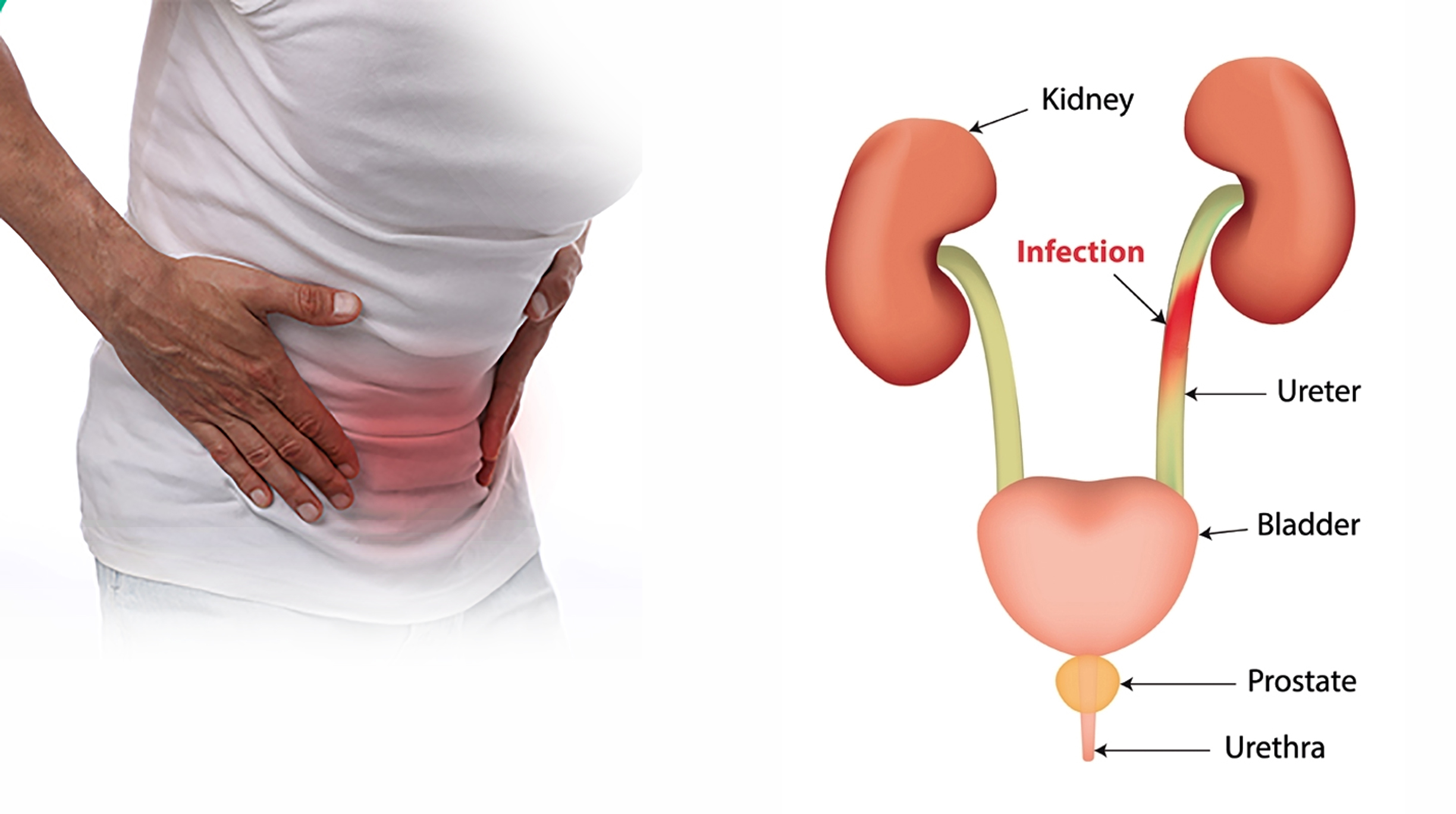* As men get older, the prostate gland gets bigger, putting pressure on the bladder. As a result, the normal flow of urine is disrupted, and even after urination, it accumulates in some sacs. This collected urine is more prone to infection.
* Uncontrolled diabetes increases the risk of bacterial infections. In addition, the nerves are damaged due to diabetes, and the bladder’s flexibility is lost.
* Kidney, urethra or bladder stones in any place; if any surgery is done in the urinary tract or if the catheter is inserted for any reason, there is a risk of urinary tract infection. The risk of infection is higher even after a stroke.
* Those who are not Muslims and accustomed to unhealthy sex are more likely to be infected with urine.
Symptoms
Symptoms of urinary tract infection include lower abdominal pain, discomfort, burning or pain when urinating, fever, nausea, shivering, frequent urination, and a feeling that urination is not normal. In addition, the colour of the urine may be reddish. Sometimes there may be a pain in both sides of the back.
What to do to prevent urinary tract infections?
* Do not hold the urine.
* Control blood sugar.
* Must urinate before sexual intercourse. This clears all the germs in the urethra.
* Drink enough water.
* Eating cranberry juice reduces urinary tract infections; make it a habit to eat it
* Care should be taken not to cause constipation
* Maintain cleanliness. Have healthy sex.
* It is possible to be protected from infection if circumcision is done.
* Because blood sugar, prostate size, kidney ultrasound, etc., may need to be done to determine the cause.
Caution
It is forbidden to take any medicine without the advice of a registered physician

